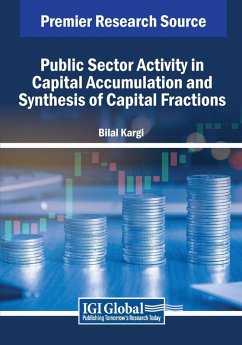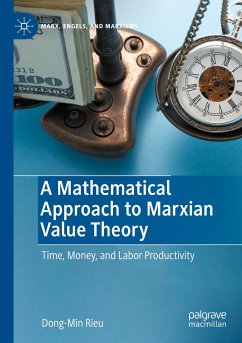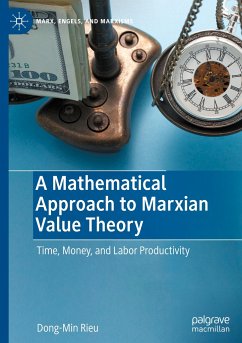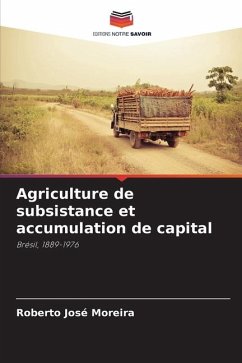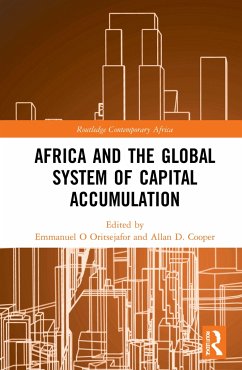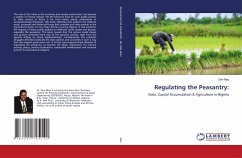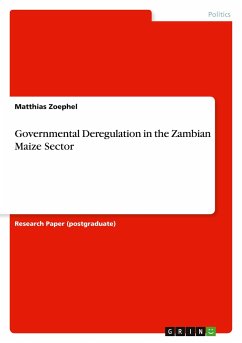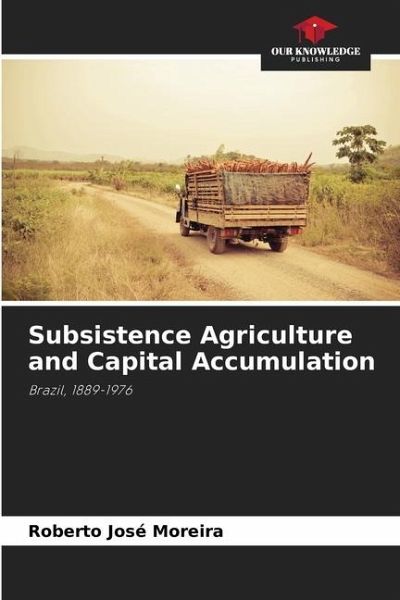
Subsistence Agriculture and Capital Accumulation
Brazil, 1889-1976
Versandkostenfrei!
Versandfertig in 6-10 Tagen
31,99 €
inkl. MwSt.

PAYBACK Punkte
16 °P sammeln!
The theme of this analysis is the role of subsistence agriculture in the process of capital accumulation after the formal establishment of free labor in Brazil in 1888. Dialoguing with dependency theories used in studies of the Latin American and Brazilian agrarian question, the complexity of the Brazilian economy is viewed from a three-sector model of capital accumulation. The dynamic equilibrium of the production of capital goods (DI), capitalist consumption goods (DII) and wage goods (DIII) and the demand structure of capitalists and workers. The dynamic interactions between capital and lab...
The theme of this analysis is the role of subsistence agriculture in the process of capital accumulation after the formal establishment of free labor in Brazil in 1888. Dialoguing with dependency theories used in studies of the Latin American and Brazilian agrarian question, the complexity of the Brazilian economy is viewed from a three-sector model of capital accumulation. The dynamic equilibrium of the production of capital goods (DI), capitalist consumption goods (DII) and wage goods (DIII) and the demand structure of capitalists and workers. The dynamic interactions between capital and labor in Brazil and agricultural production are visualized in the sub-sectors of export agriculture (Sx), domestic market agriculture (Si) and subsistence agriculture (Ss). The main emphasis of the analysis is on the latter sub-sector, which is currently being explored in rural studies of peasant and family farming. The interactions between DI, DII and DIII and the distribution of income associated with them define the three different patterns of capital accumulation analyzed in The crisis of the agrarian-export model, Structural changes from 1930 to 1954 and The process of capital accumulation since 1989.





